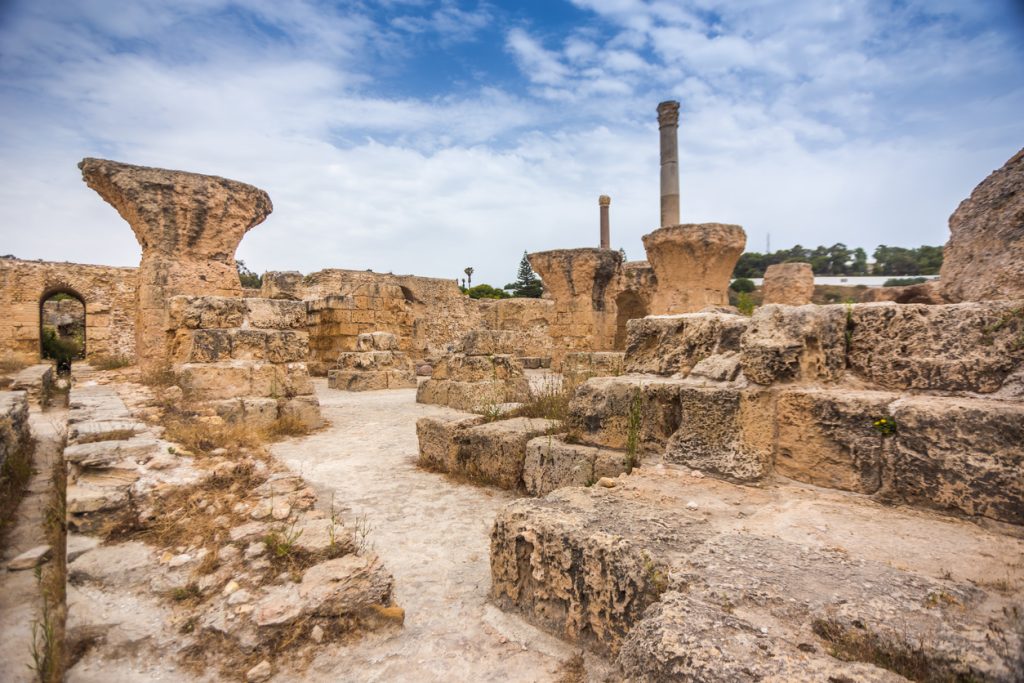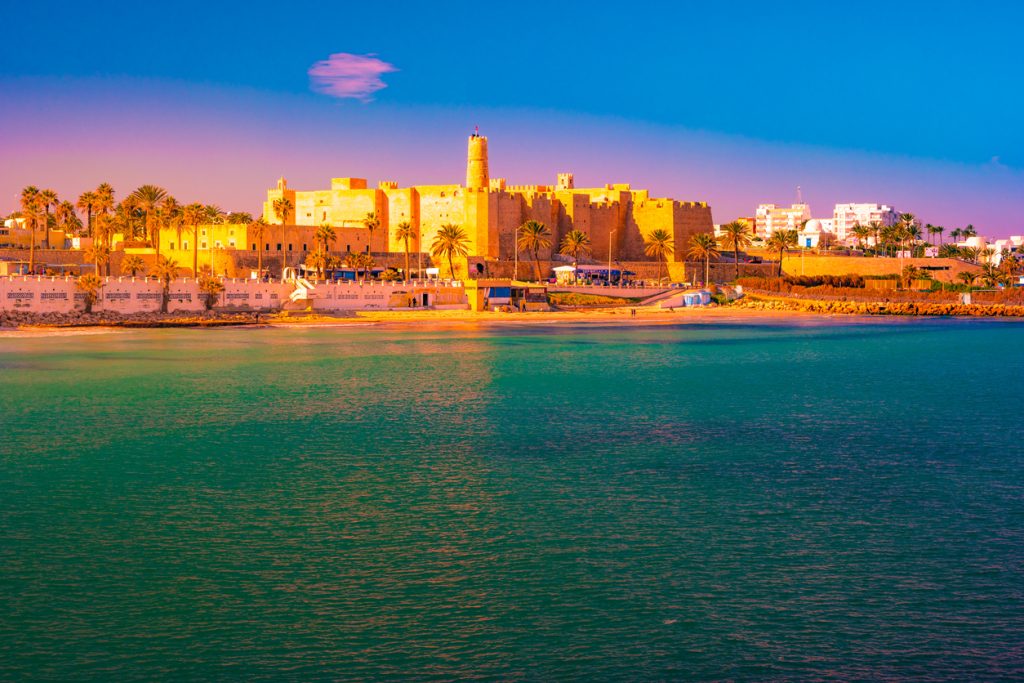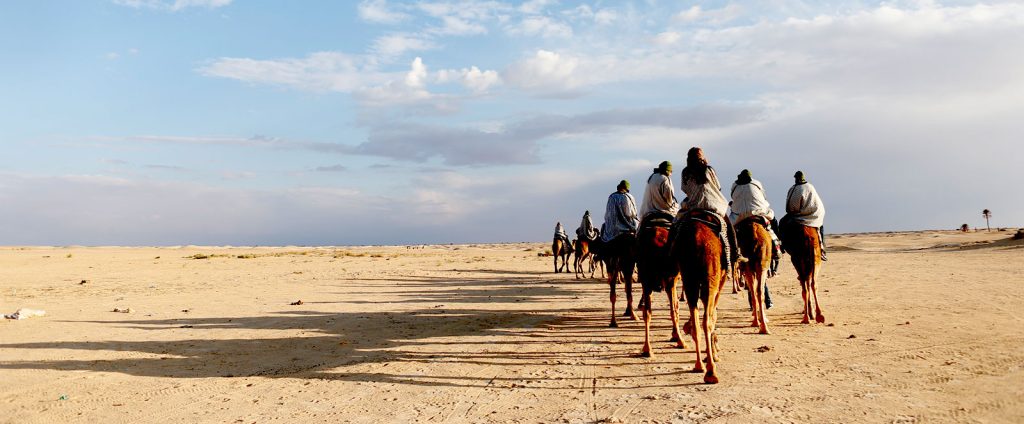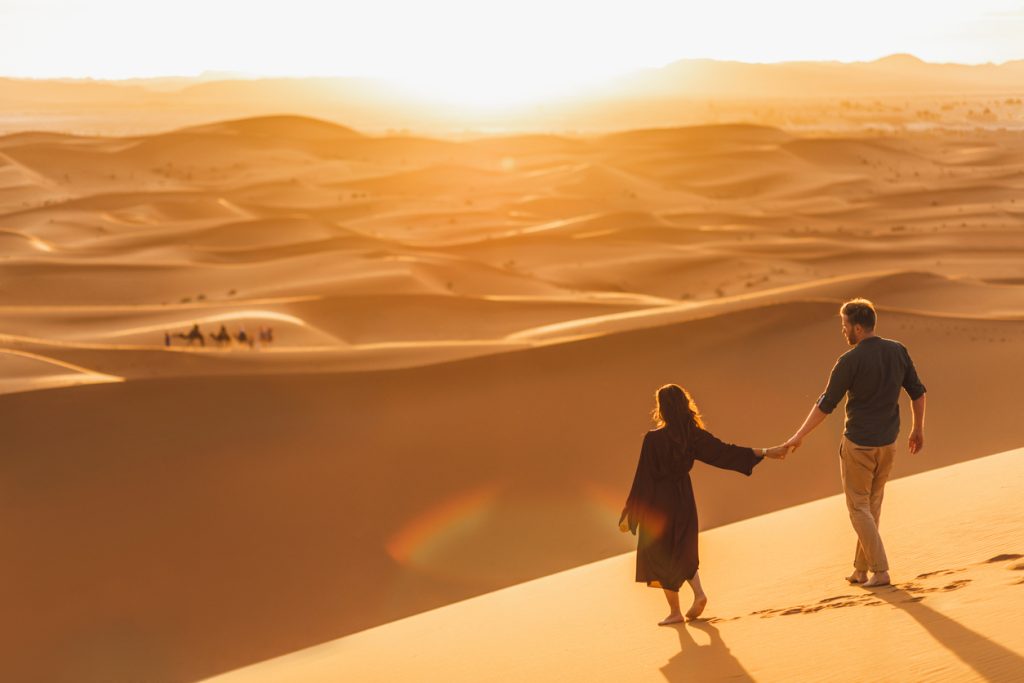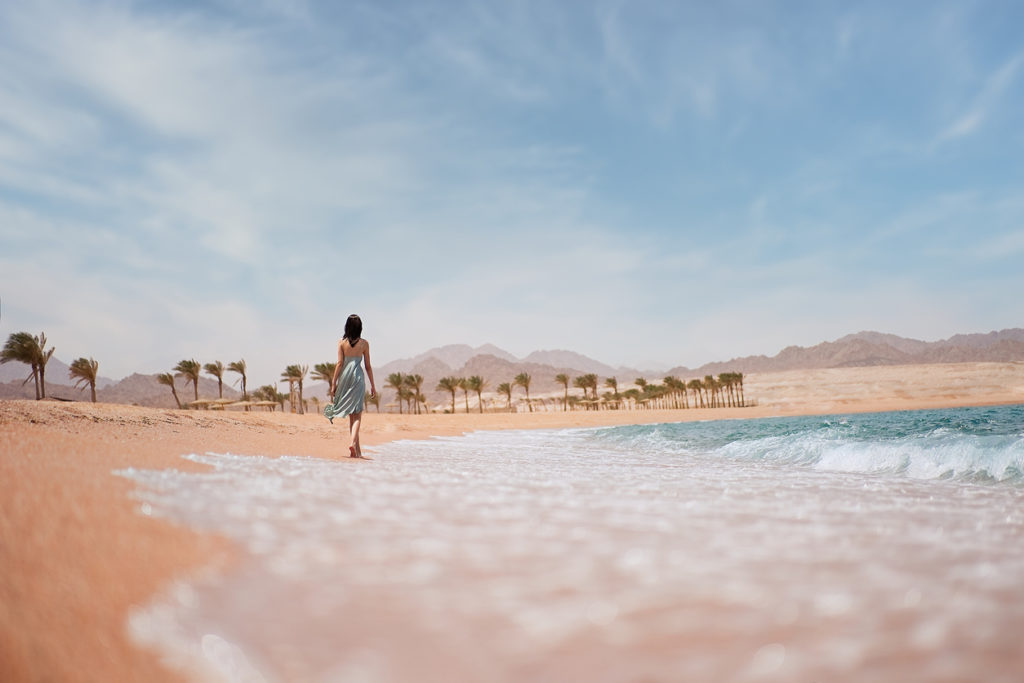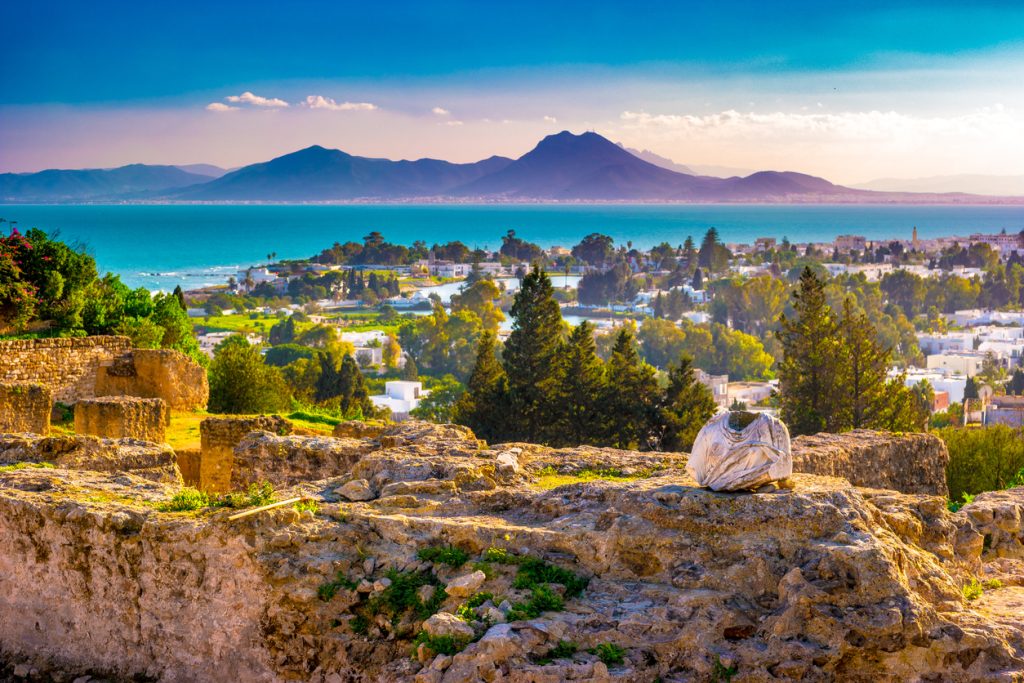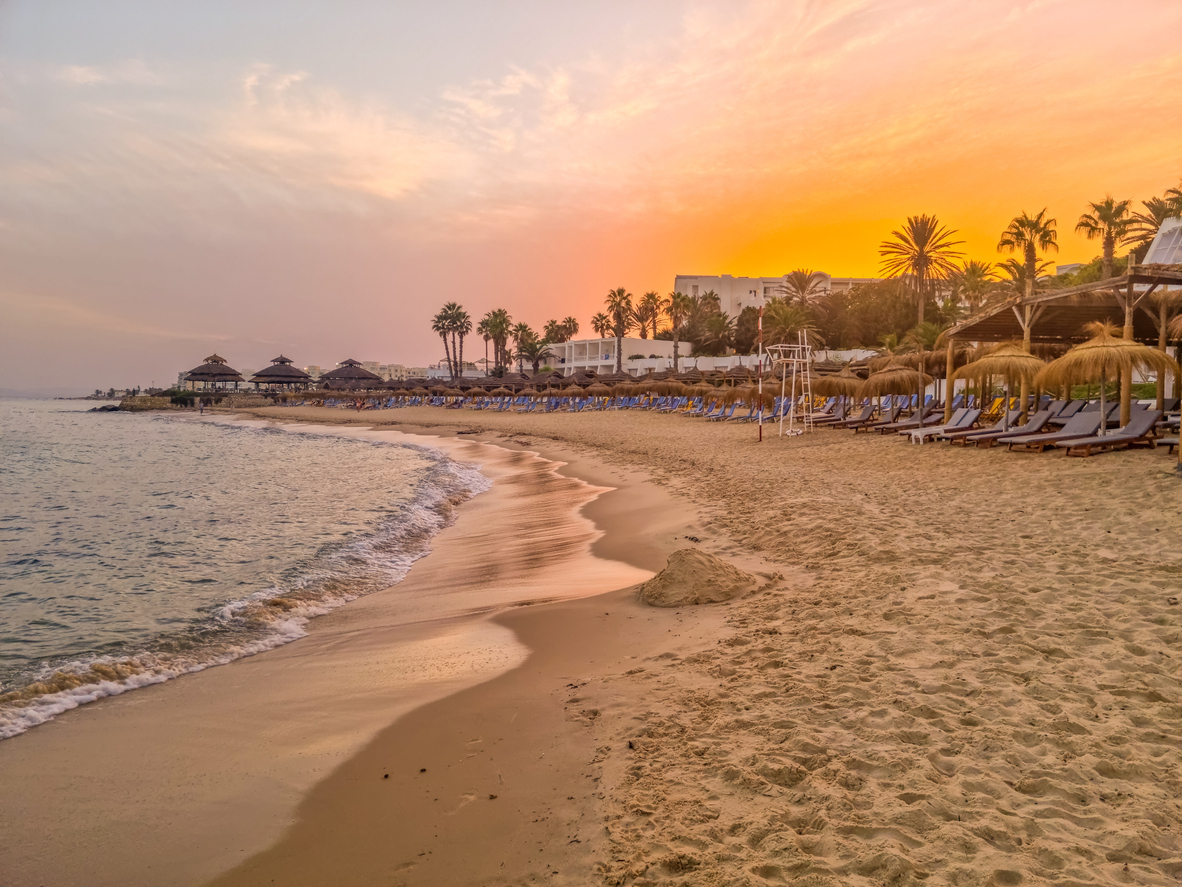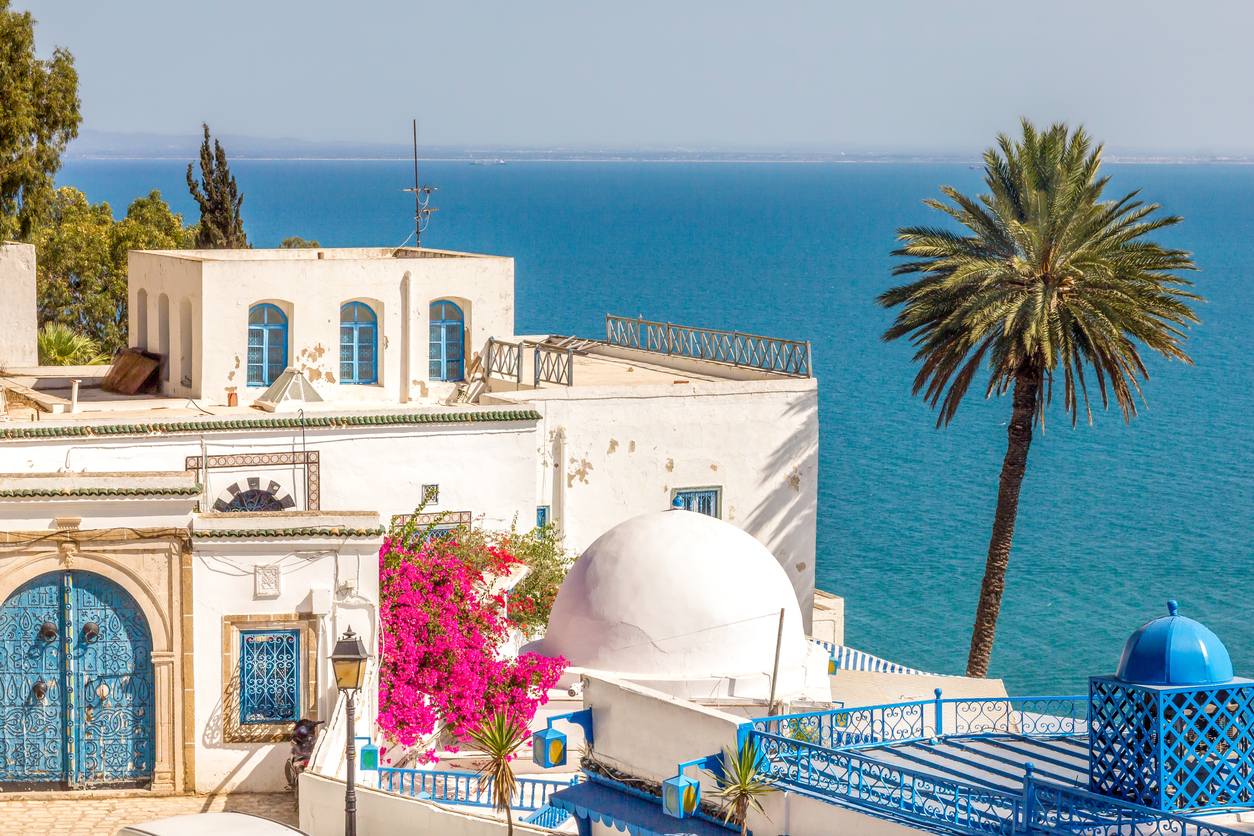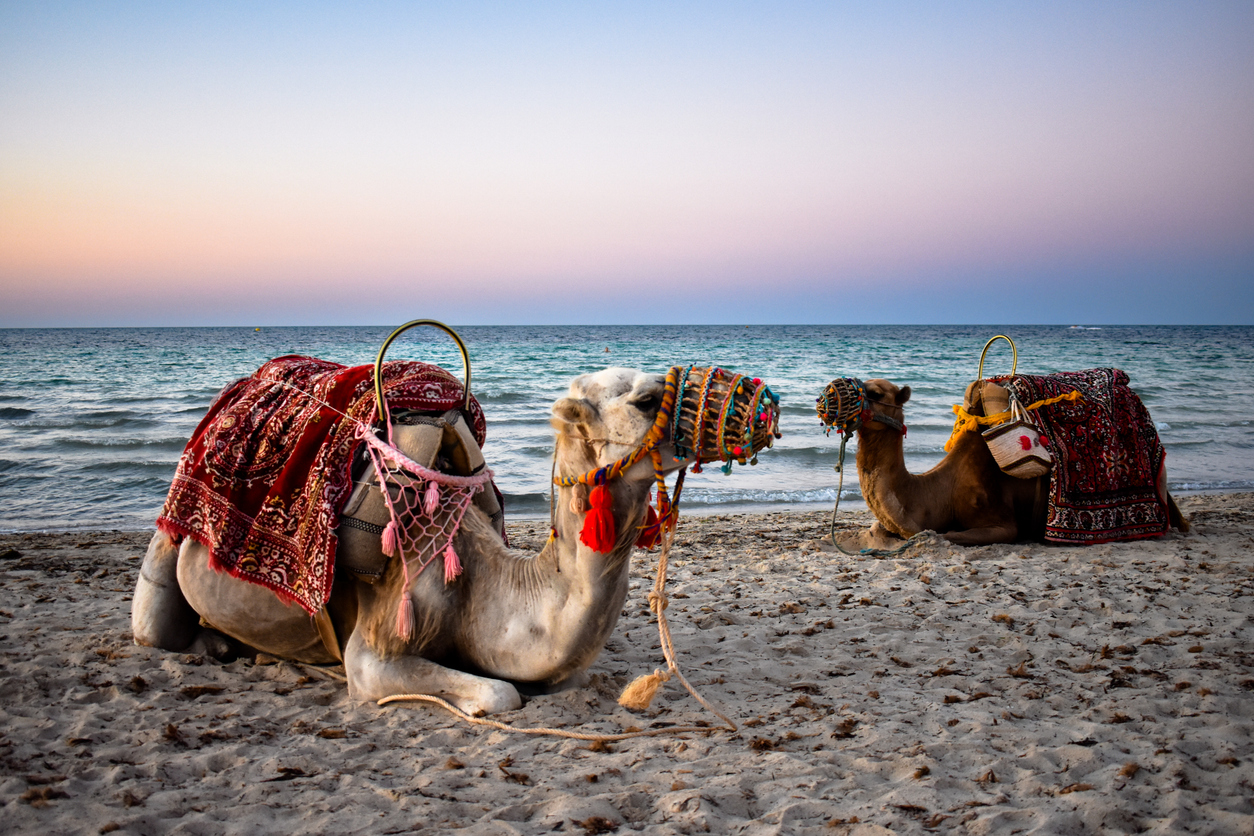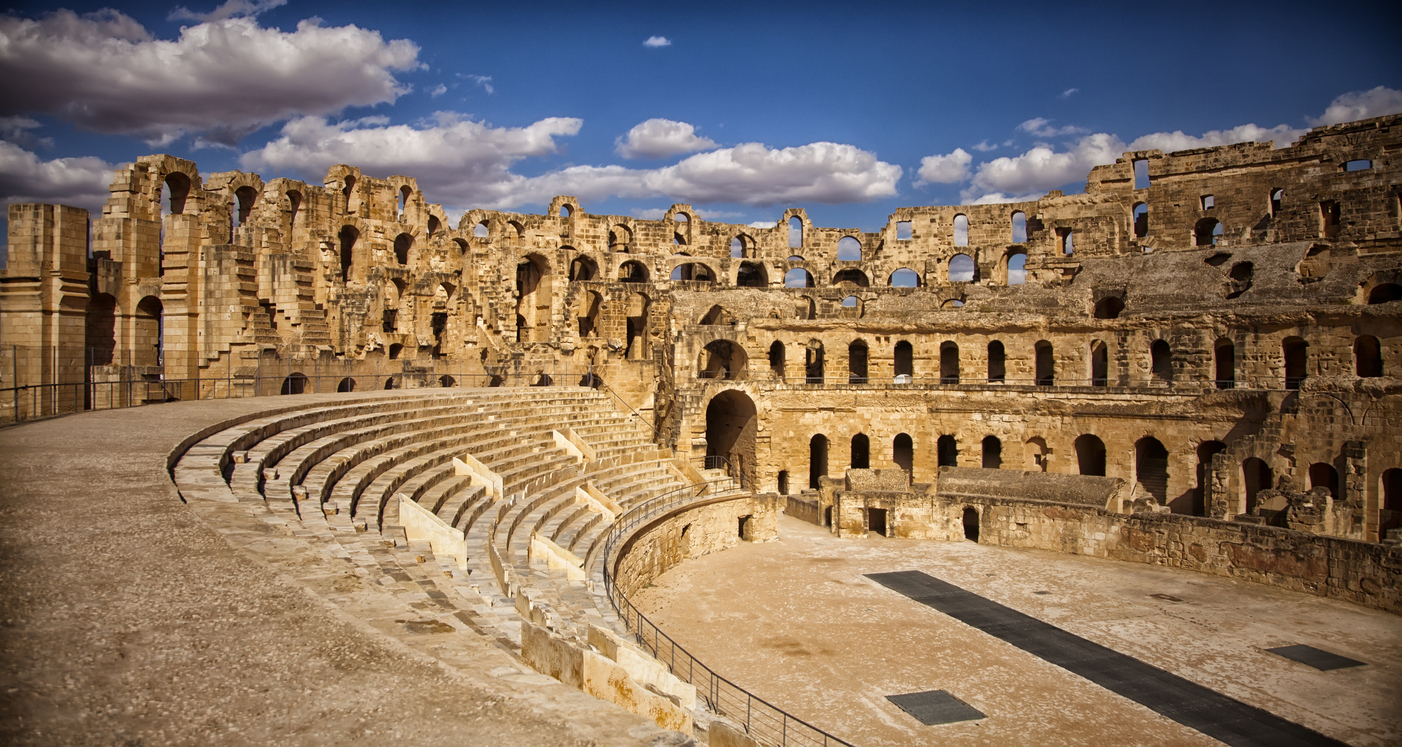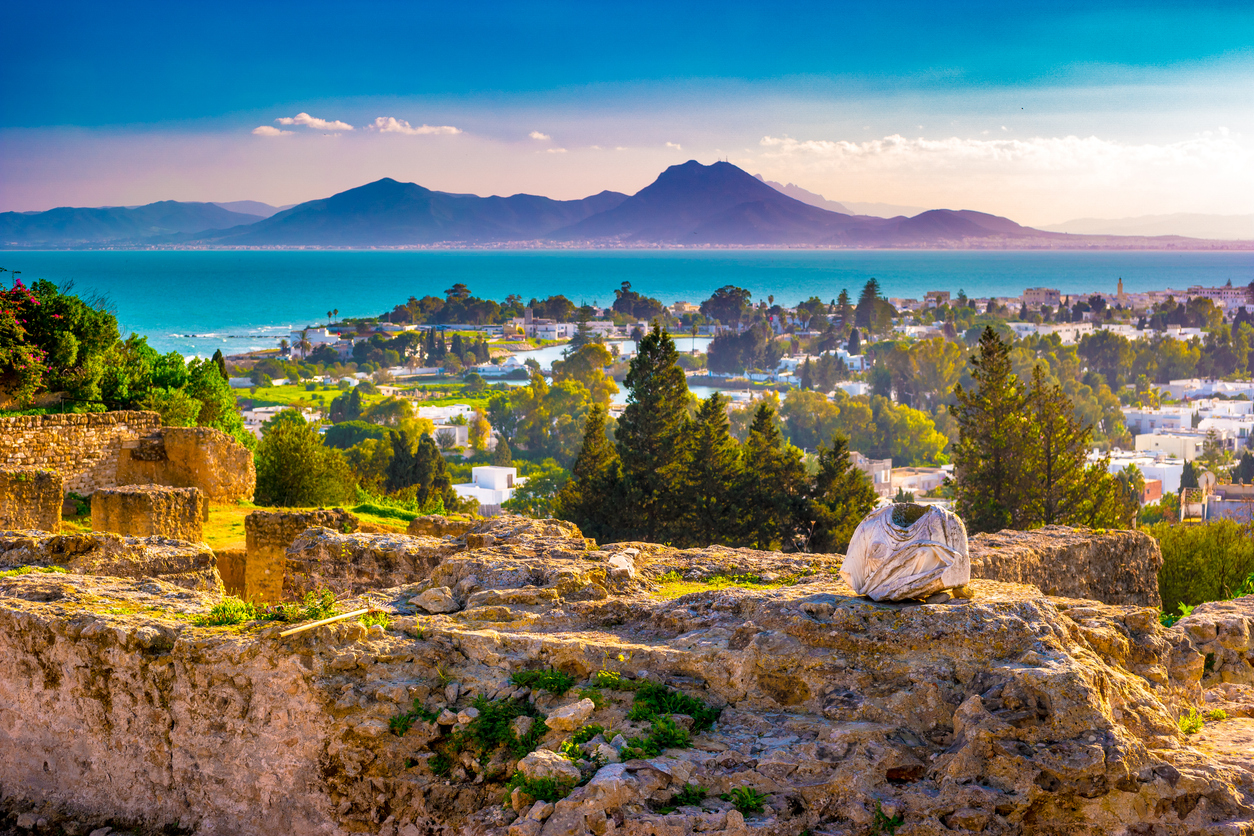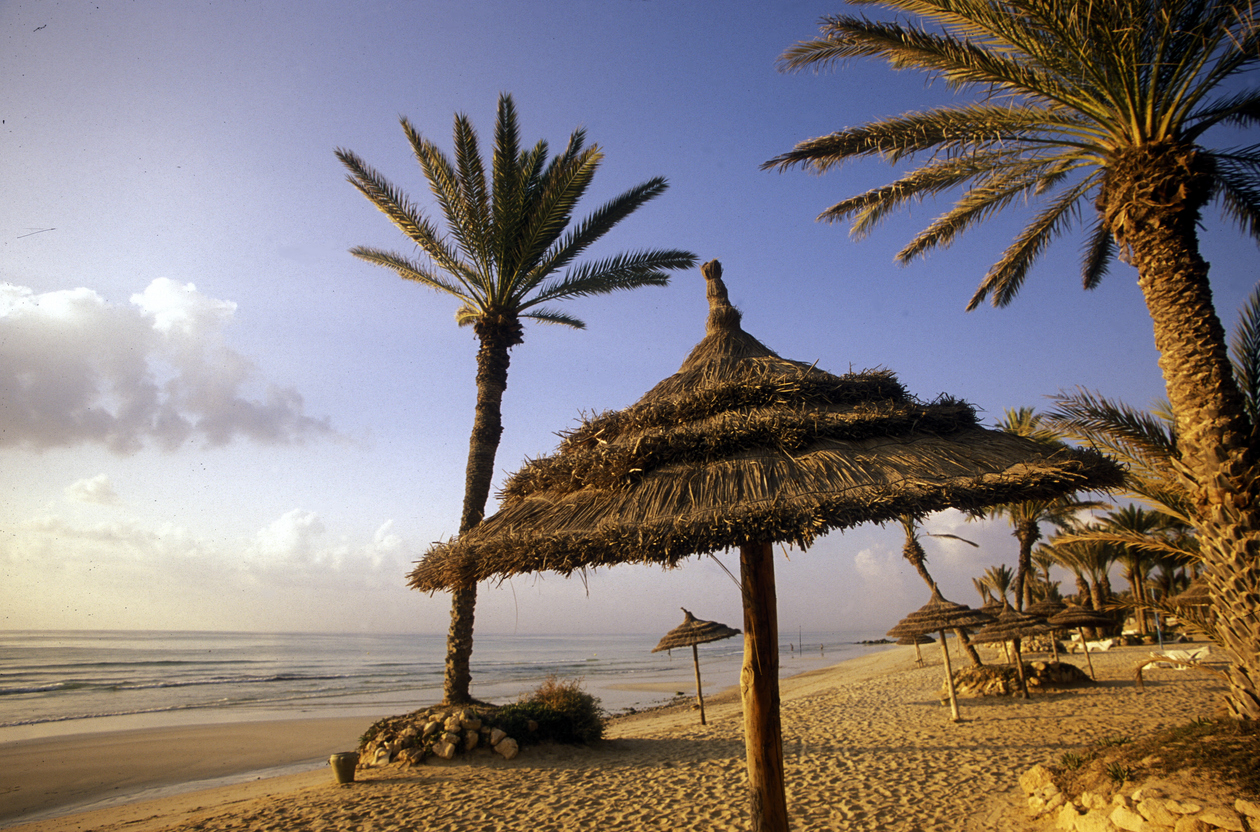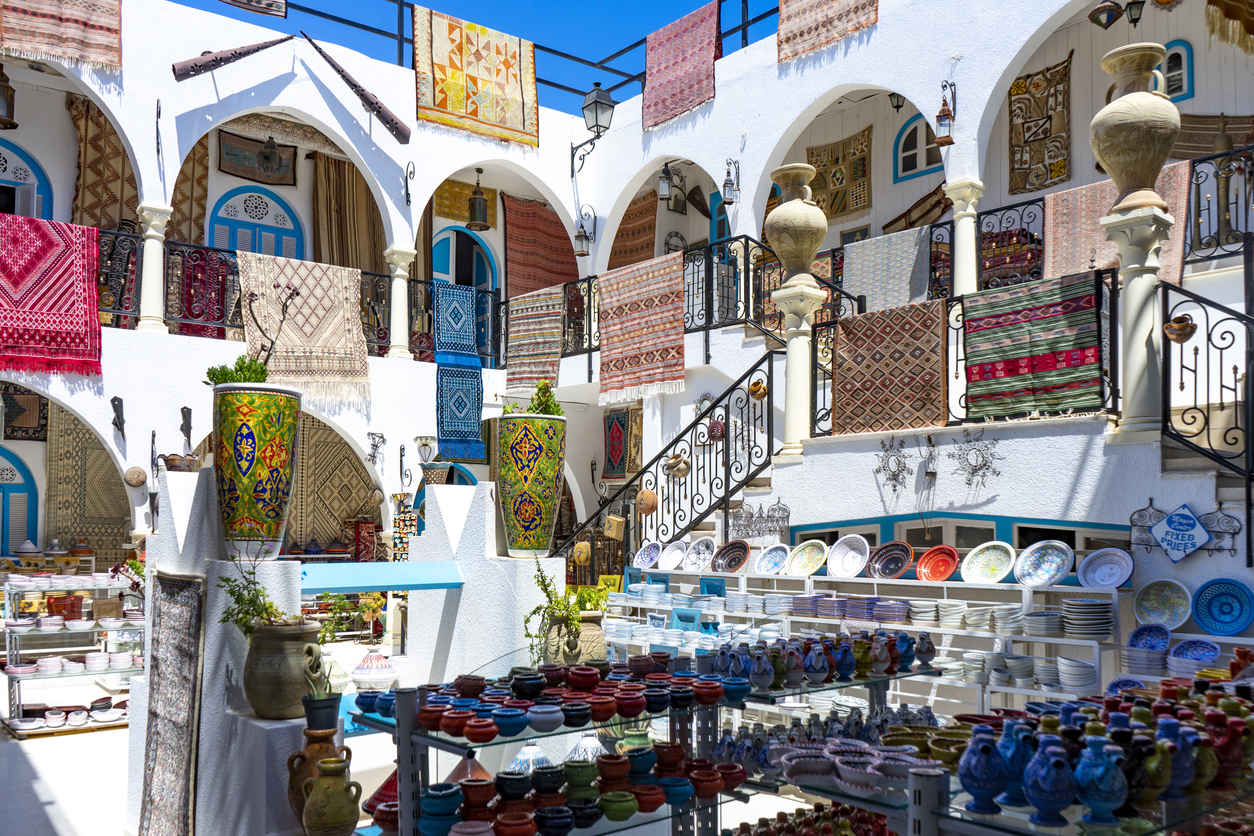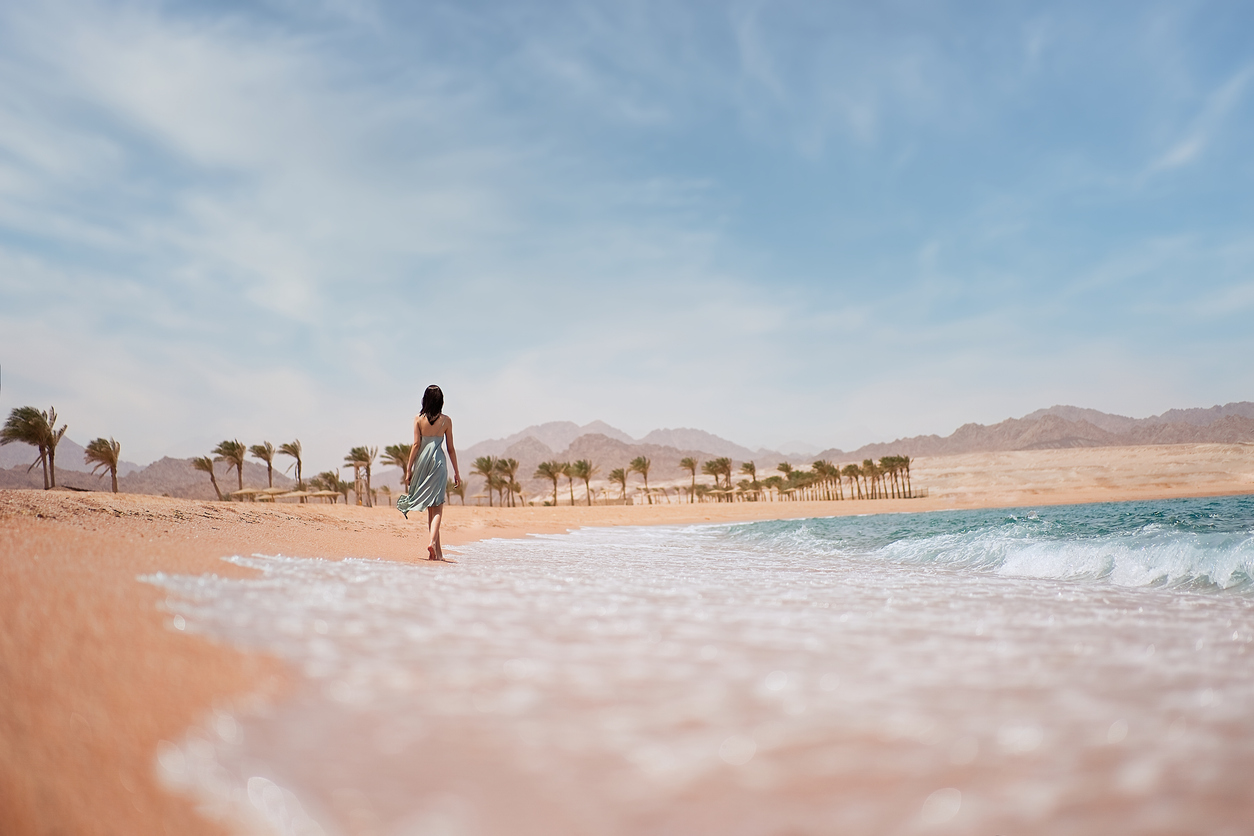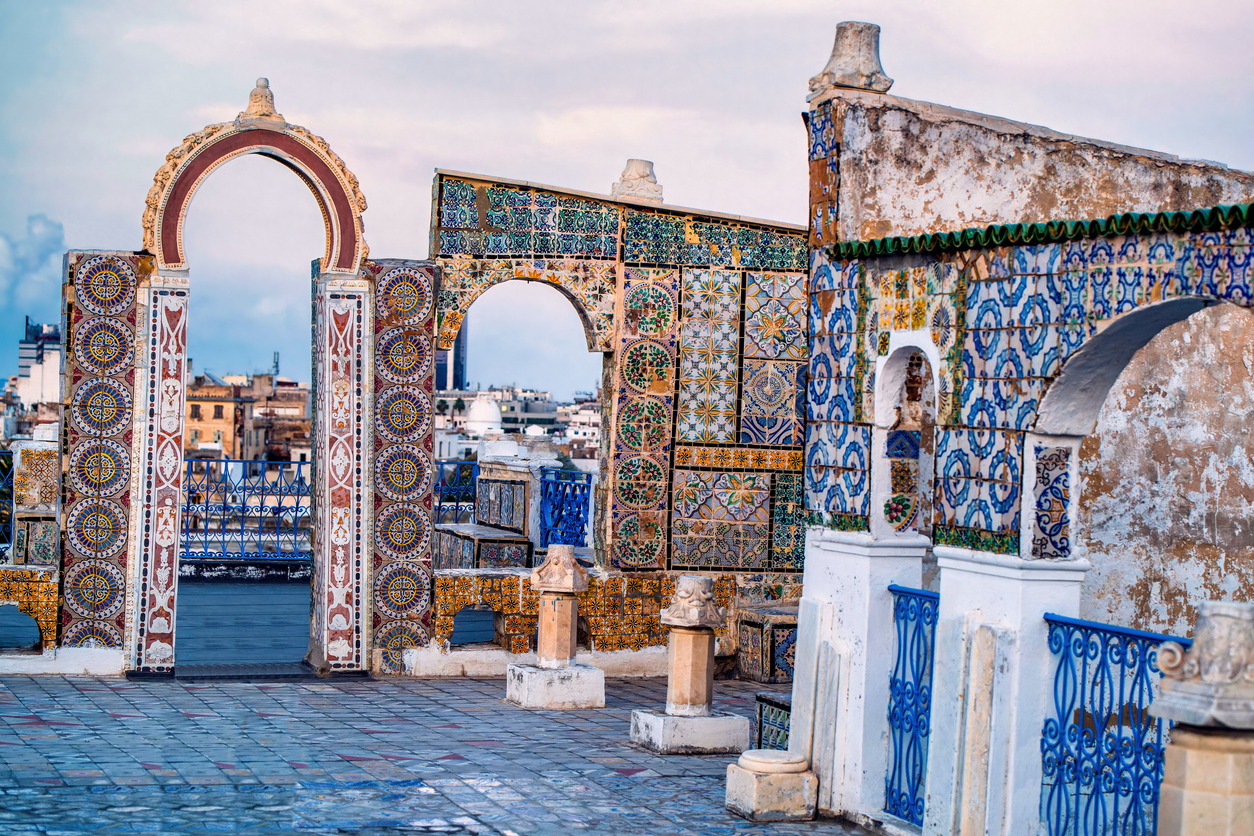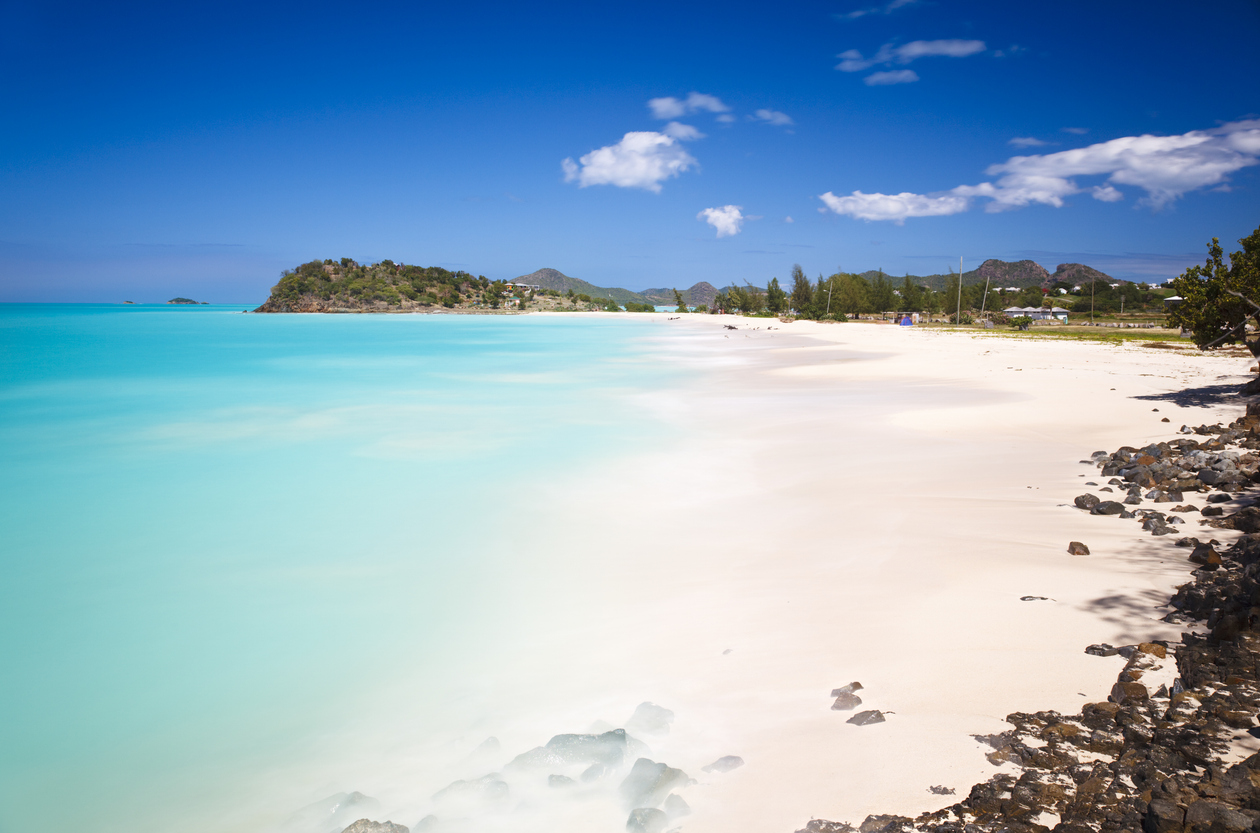Tunisia, a jewel of North Africa, beckons travelers with its diverse landscapes and rich cultural heritage. Nestled between Algeria and Libya and bordered by the Mediterranean Sea to the north and east, Tunisia offers a mosaic of breathtaking sceneries, from the shimmering beaches of Hammamet and Sousse to the mystical sands of the Sahara Desert. This blend of Mediterranean and Arab influences is not only apparent in its geography but also in the vibrant daily life, making it a compelling destination for adventurers and culture seekers alike.
The capital city, Tunis, serves as the perfect starting point for any journey in Tunisia. The city is a harmonious blend of ancient and modern architectures, with the historic Medina, a UNESCO World Heritage site, at its heart. Walking through the Medina’s labyrinthine streets, visitors can explore bustling souks that are rich in handicrafts, textiles, and jewelry. Just outside the city lies the ancient ruins of Carthage, once a powerful city-state and now a compelling archaeological site, offering insights into Tunisia’s many-layered history.
For those drawn to the allure of the coast, the Tunisian shoreline does not disappoint. Sidi Bou Said, renowned for its striking blue-and-white architecture, offers stunning views of the Mediterranean. Further south, the island of Djerba lies, famed for its pristine beaches and unique whitewashed houses. Djerba is also known for its rich Jewish heritage, including the historic El Ghriba synagogue, which is said to be one of the oldest in Africa. This island not only offers relaxation by the sea but also a unique cultural tapestry that illustrates the diverse communities of Tunisia.
No visit to Tunisia is complete without venturing into the expansive Sahara Desert. Travelers can embark on guided tours from towns like Douz, the gateway to the desert. A camel trek under the star-studded sky, watching the sunset over undulating dunes, or spending a night in a Bedouin camp are quintessential Sahara experiences that offer deep connections with the natural environment and local traditions. The desert region also hosts the annual International Festival of the Sahara, a celebration of Bedouin culture, featuring music, dance, and camel racing.
Lastly, Tunisia’s culinary offerings provide a flavorful journey of their own. Influenced by Berber, Arabic, French, and Italian cuisines, Tunisian food is rich in spices and variety. Traditional dishes like couscous, brik (a deep-fried pastry), and harissa (a hot chili pepper paste) are must-tries. Seafood lovers will revel in the fresh catches served at coastal towns, while sweet tooths can indulge in delicious pastries like baklava. Each meal in Tunisia promises a delightful exploration of tastes that are as diverse and vibrant as the country itself.
Tunisia, with its historic richness, stunning landscapes, and welcoming people, offers a travel experience that is both enriching and unforgettable. Whether it’s the allure of ancient cities, the tranquility of sandy beaches, or the adventure in the vast desert, Tunisia holds a promise of something spectacular for every traveler.
